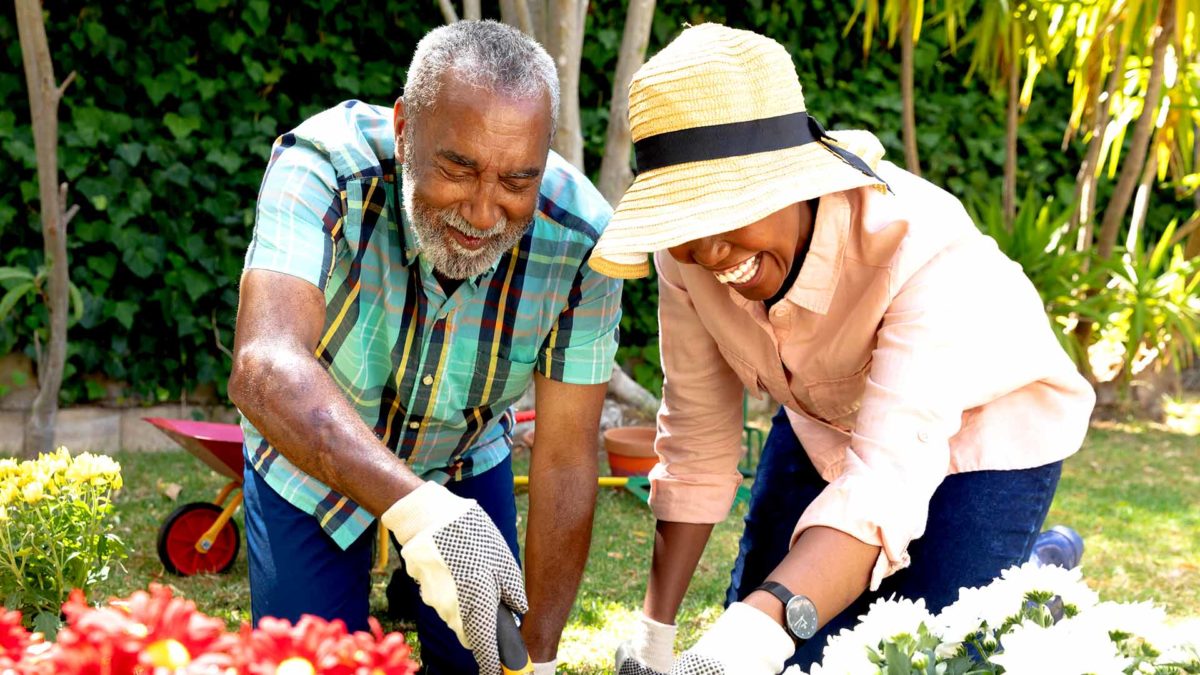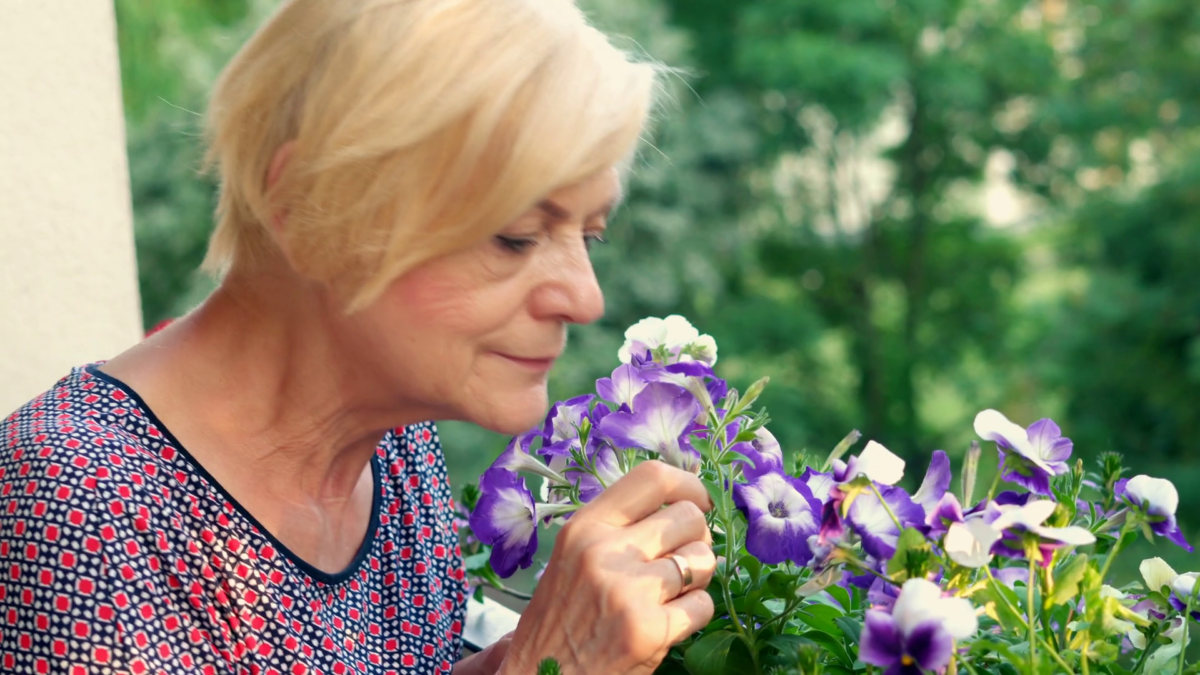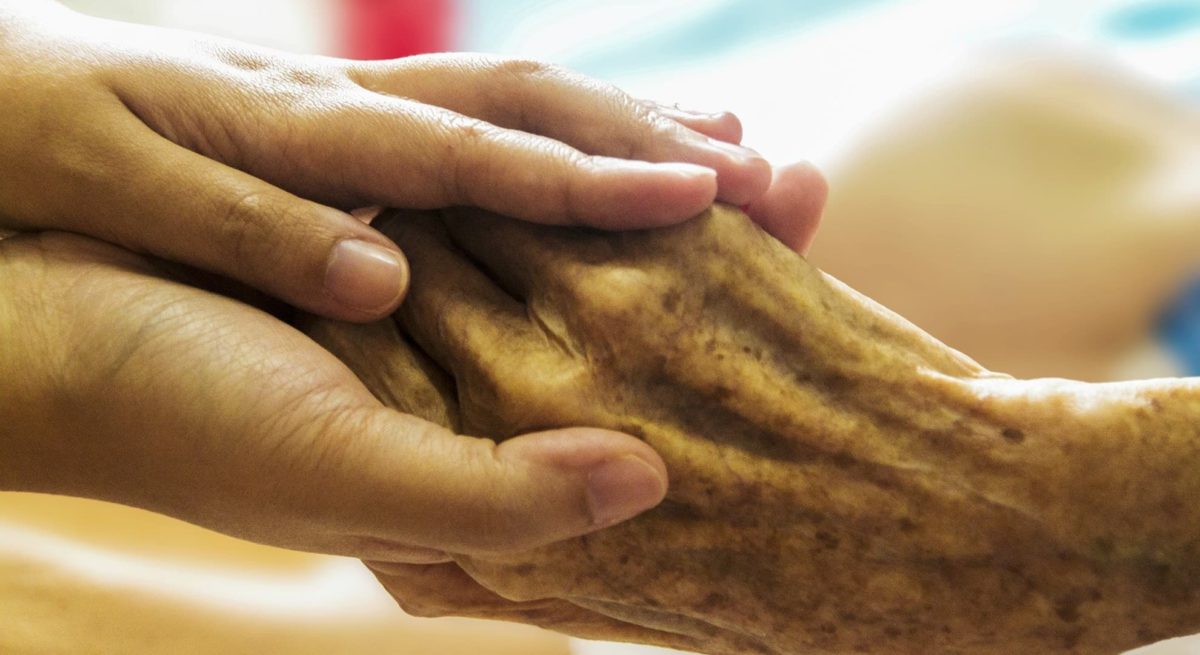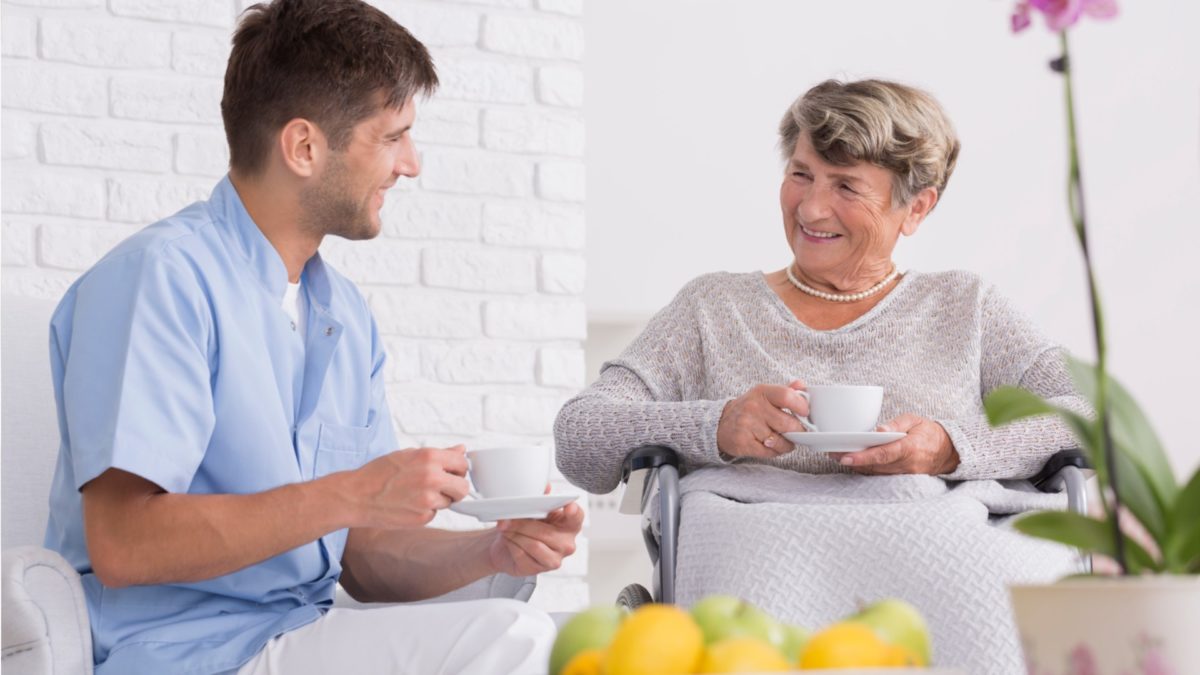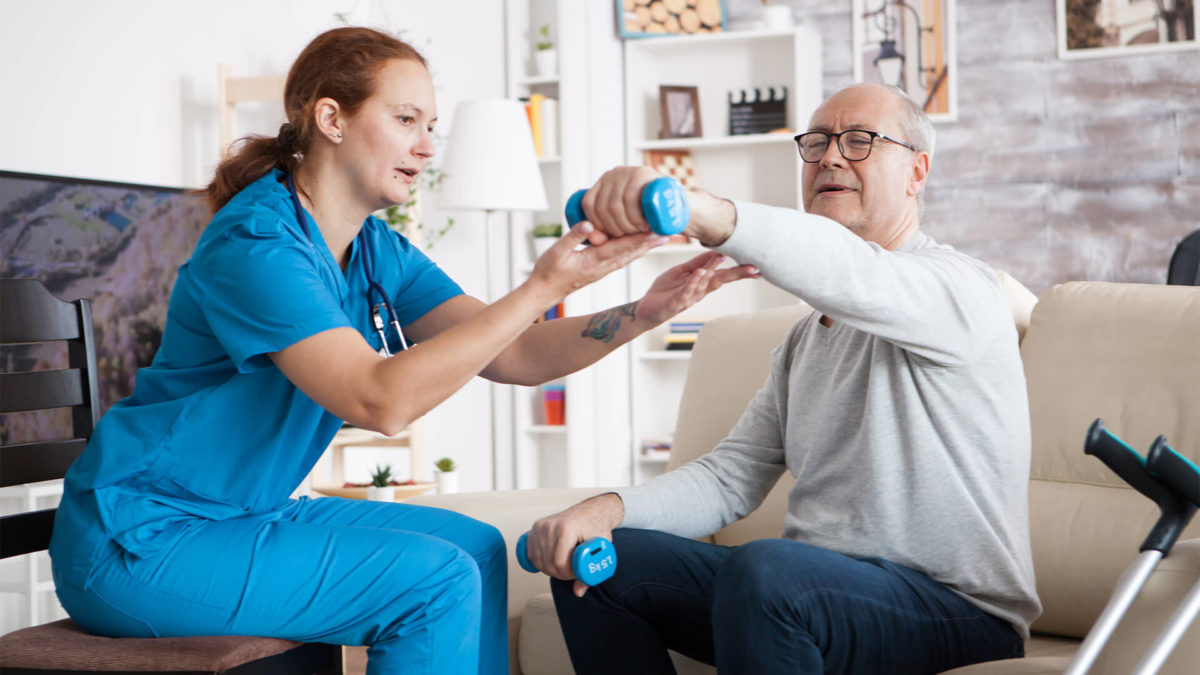Shelly’s mom has just recently moved into a long-term care home, and it seems like a new start for her. However, her mom has always been an introvert, and moving into a new environment made her even more reluctant to speak to others. So, Shelly thought that her mom just needed some time to adapt to her new life.
After a few weeks, Shelly called the administrator and asked about her mom’s situation. Her mom’s caregiver reported that she is still shy and afraid to talk to people. As Shelly understands how harmful isolation can be to seniors, she knows that it’s time to seek a way to encourage her mom to interact with her neighbours.
Moving into an assisted living community is usually a huge transition for aged people, especially for those who are used to living alone, or have just lost their partners. In our previous blog posts, we have talked about how Senior Isolation can impact one’s mental and physical wellness, and being socially active is vital in defeating loneliness and depression. Allow me to explain how to get your loved one active in social at a long-term care home.
Make Them Uncomfortable
Yes, the very first thing you should do is to “push” your loved one out of their comfort zone. Getting outside your comfort zone isn’t comforting, but in the long run, if avoided, can only “imprison” your loved one in the cage of isolation. IStart with doing some “uncomfortable activities” such as involving your loved one in a conversation between you and others. Just make them realize the power of small talk and getting proactive in making friends.
However, moving into a long-term care home can also be overwhelming for a senior So, allow your loved one to have some time to progress and take it one step at a time. Living in a community actually provides tons of chances for seniors to socialize, and once the senior is familiar with their new lifestyle, it’s going to be easy and fun. Here, we have several tips on how to help your loved one seize the opportunity while joining a new family.
Tips to Help Your Loved One Socialize at a Long-Term Care Home
-
Familiarize Yourself With the Community Staff
What did you do when you first sent your kids to kindergarten? – you talked to the teachers and checked on circumstances at school to learn the ropes. Is there a place at the community that your loved one may enjoy? Or are there any activities that your loved one can attend and have fun with at the same time? As long as you find a way to push your loved one out of his or her room, the very first step of getting your loved one to blend in socially is accomplished.
-
Register Your Loved Ones for Activities
Does your loved one like dancing? Knitting? Or Wii bowling? There must be at least one interest group in the community that your loved one can join. Sometimes the “newbie” is usually too shy to socialize with other residents, so now it’s your responsibility to open the door for them. If music is your loved one’s strength, ask the staff to encourage your loved one to play an instrument at community events. It might feel embarrassing the first time, but your loved one will enjoy with everyone’s encouragement.
Also, getting your loved one involved in volunteer opportunities is also helpful. For example, he or she can help with gift wrapping during the holiday season. The core concept here is just to get them engaged in any activities that have more chances to meet and talk to people.
-
Bring Gifts and Food
Who doesn’t love little surprises?! Another good way to help your loved one to socialize is to ask them to bring gifts to the residents. If you or your loved one loves baking, make some refreshments and distribute them around the community. Sharing food is a very easy way to start a conversation, and your loved one will feel content by surprising others, too
-
Make Use of Social Media and Technology
If your loved one has some physical impairments and stepping outside seems a bit challenging to them, technology can provide many more convenient ways for seniors to connect with others. Setting a profile on social media platforms such as Facebook, Instagram, and Twitter to gain more exposure in the community is a great first step. It also allows other to know more about your loved one, just like how CareStory aims to do: knowing is the foundation of caring and sharing.
Takeaway:
The best time to assist your loved one to socialize in a long-term home always starts from day one. It usually takes about 2-3 weeks for your loved one to get familiar with the community, and it is already an overwhelming process. So, be patient with your loved one, but also encouraging him or her to “jump right in” at the same time is the key to making the process easy and enjoyable.
References:
https://www.agingcare.com/articles/social-life-when-moving-to-senior-living-151725.htm
https://www.caringseniorservice.com/blog/ways-to-help-seniors-avoid-isolation

